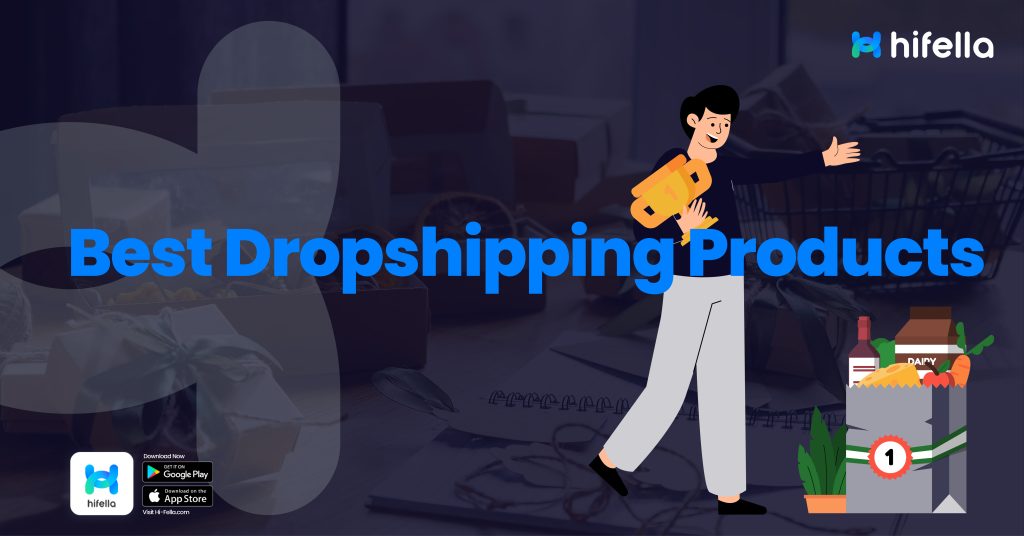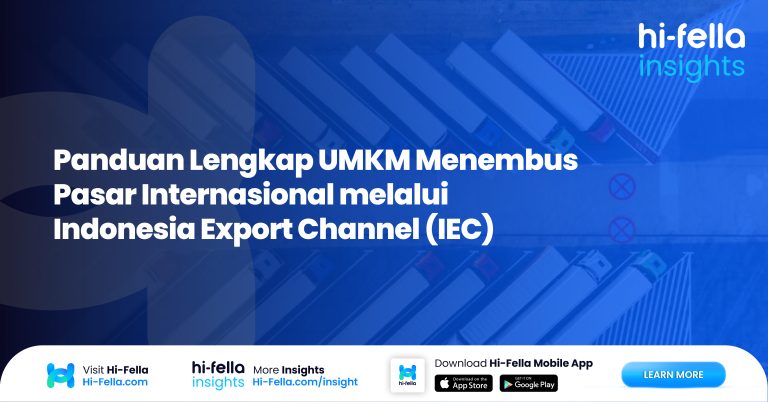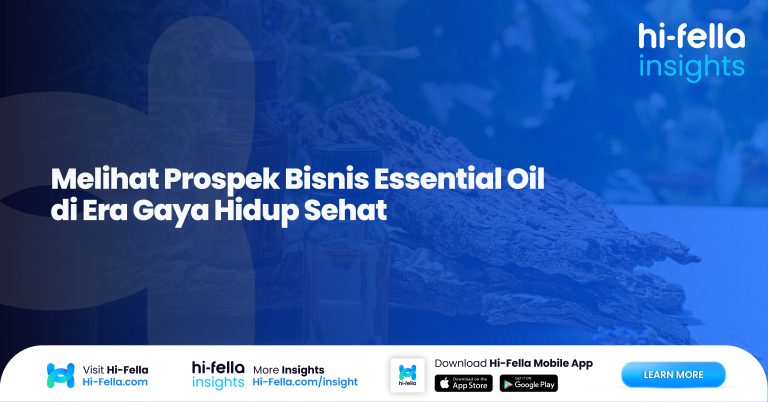The dropshipping business model offers a low-risk way to enter the eCommerce world by allowing sellers to offer products without holding inventory.
The challenge, however, is identifying the best dropshipping products that are in high demand and have good profit margins. In this guide, we’ll walk you through how to choose winning products and highlight top trending categories for 2024.
Plus, we’ll introduce you to Hi-Fella, a platform designed to connect you with reliable international suppliers and help you scale your business globally.
Understanding Dropshipping and Its Benefits

Source: GreenDropShip
Dropshipping allows entrepreneurs to run an online store without the need for managing stock or shipping logistics. Here’s why it’s a popular choice:
- Low Upfront Costs: No need to purchase inventory in bulk.
- Flexibility: You can run your business from anywhere.
- Wide Product Selection: Access to a vast range of products to sell online.
- Risk Management: You only pay for products once a customer makes a purchase.
Criteria for Choosing the Best Dropshipping Products
When selecting products to sell, keep these three main criteria in mind:
1. Market Trends
Look for products that align with current trends. Consumer demand changes quickly, and staying on top of what’s popular can give you a competitive edge. Use tools like Google Trends and social media insights to spot rising interests.
2. Profit Margins
Selling high-demand products is important, but it’s equally vital to ensure good profit margins. Avoid low-cost items that don’t offer a reasonable markup after shipping and supplier costs.
3. Market Demand
Choosing products that consistently sell well is crucial for maintaining cash flow. Check out best-seller lists on major platforms like Amazon or Hi-Fella to gauge demand before investing time and effort into a product.
Top Trending Dropshipping Products in 2024

Source: Manifest AI Blog
To help you make the right product choices, we’ve compiled a list of top trending categories for 2024 and examples of profitable dropshipping products within each niche.
1. Eco-Friendly Products
Sustainability is a growing trend, and consumers are increasingly interested in eco-friendly alternatives. Consider selling:
- Reusable water bottles
- Bamboo toothbrushes
- Zero-waste cleaning kits
- Biodegradable phone cases
- Organic cotton shopping bags
- Solar-powered gadgets
- Compostable utensils
- Recycled fabric clothing
- Beeswax food wraps
- Plant-based skincare products
2. Health and Wellness
People continue to prioritize their well-being, making health and wellness products highly profitable. Examples include:
- Smart fitness trackers
- Yoga mats and accessories
- Massage guns
- Vitamin and supplement organizers
- Aromatherapy diffusers
- Blue light-blocking glasses
- Posture correctors
- Home gym equipment
- Weighted blankets
- Resistance bands
3. Pet Supplies
Pet owners are willing to spend on their furry friends. Consider dropshipping:
- Pet grooming kits
- Automatic pet feeders
- Orthopedic pet beds
- Interactive pet toys
- Pet carriers and backpacks
- Eco-friendly pet bowls
- Personalized pet collars
- Cat scratching posts
- Dog training pads
- Pet health supplements
4. Home Office & Remote Work
With more people working from home, products that support productivity are in demand:
- Ergonomic office chairs
- Adjustable laptop stands
- Wireless keyboards and mice
- Desk organizers
- Noise-canceling headphones
- LED desk lamps
- Webcam covers
- Cable management solutions
- Standing desks
- Blue light glasses
5. Smart Home Devices
Smart technology is revolutionizing how we live. Trending products include:
- Smart speakers (e.g., Google Home, Amazon Echo)
- Smart security cameras
- Wi-Fi smart plugs
- Smart thermostats
- Robot vacuum cleaners
- Smart light bulbs
- Smart locks
- Wireless home security systems
- Video doorbells
- Home automation hubs
6. Beauty and Personal Care
Consumers are always looking for new beauty products. Hot items to sell include:
- LED face masks
- Hair growth serums
- Skin care tools (e.g., jade rollers)
- Makeup organizers
- UV nail lamps
- Magnetic eyelashes
- Anti-aging creams
- Organic lip balms
- Hair styling tools
- Face cleansing brushes
7. Tech Gadgets
Tech-savvy customers are always on the lookout for innovative gadgets. Consider selling:
- Wireless chargers
- Bluetooth speakers
- Smartwatches
- Phone camera lenses
- Virtual reality headsets
- Portable power banks
- Smart light strips
- Mobile phone stabilizers
- Noise-canceling earbuds
- Wireless car chargers
8. Fashion Accessories
From seasonal trends to classic styles, fashion accessories are always in demand:
- Minimalist watches
- Chunky gold jewelry
- Silk scarves
- Crossbody bags
- Retro sunglasses
- Bucket hats
- Custom phone cases
- Faux leather belts
- Patterned socks
- Statement earrings
9. Baby Products
New parents are always in the market for baby essentials. Popular dropshipping items include:
- Baby swaddles
- Diaper bags
- Baby monitors
- Teething toys
- Baby-proofing kits
- Organic baby clothes
- Infant car seat covers
- Baby bath seats
- Baby carriers
- Convertible high chairs
10. Outdoor and Adventure Gear
With more people enjoying the outdoors, these products are trending:
- Portable camping stoves
- Hiking backpacks
- Waterproof tents
- Outdoor solar lights
- Inflatable paddleboards
- Trekking poles
- Camping hammocks
- Survival gear kits
- Foldable picnic blankets
- Multi-purpose tools
How to Source Your Best Dropshipping Products: Finding Reliable Suppliers
Once you’ve chosen the best dropshipping products, the next step is sourcing them from reliable suppliers. Here are a few tips:
1. Use a Dropshipping Platform
Platforms like Hi-Fella provide access to a vast network of international suppliers. With Hi-Fella, you can:
- Connect with trustworthy suppliers from across the globe.
- Ensure high-quality products at competitive prices.
- Streamline logistics and manage cross-border trade complexities.
2. Verify Supplier Credibility
Before committing to a supplier, check their reviews, ratings, and response times. Avoid suppliers with inconsistent communication or negative feedback.
3. Order Samples
Always order product samples to test quality before listing items in your store. This ensures you deliver only the best to your customers.
Increase Your Best Dropshipping Products with Hi-Fella
Looking to grow your dropshipping business? Hi-Fella can help! It’s a global platform that connects you with trusted suppliers and makes managing orders easier. With Hi-Fella, you can:
- Find reliable suppliers from around the world.
- Get great prices on high-quality products.
- Easily manage shipping and international trade.
Start today and take your dropshipping business with Hi-Fella!








